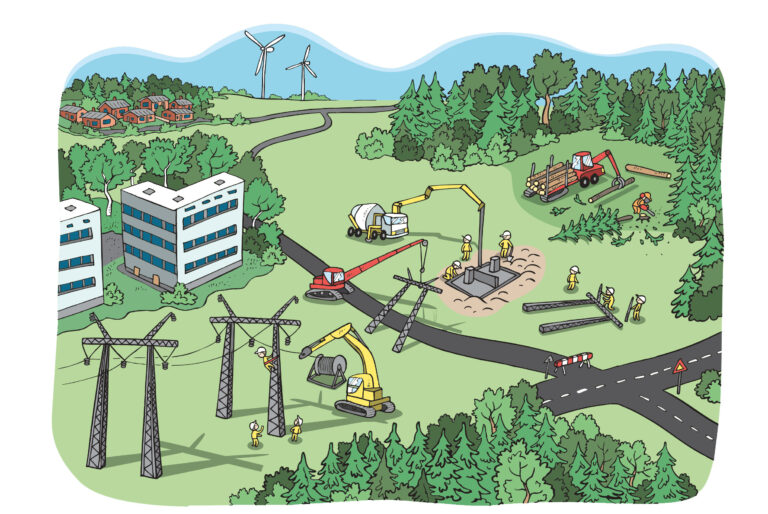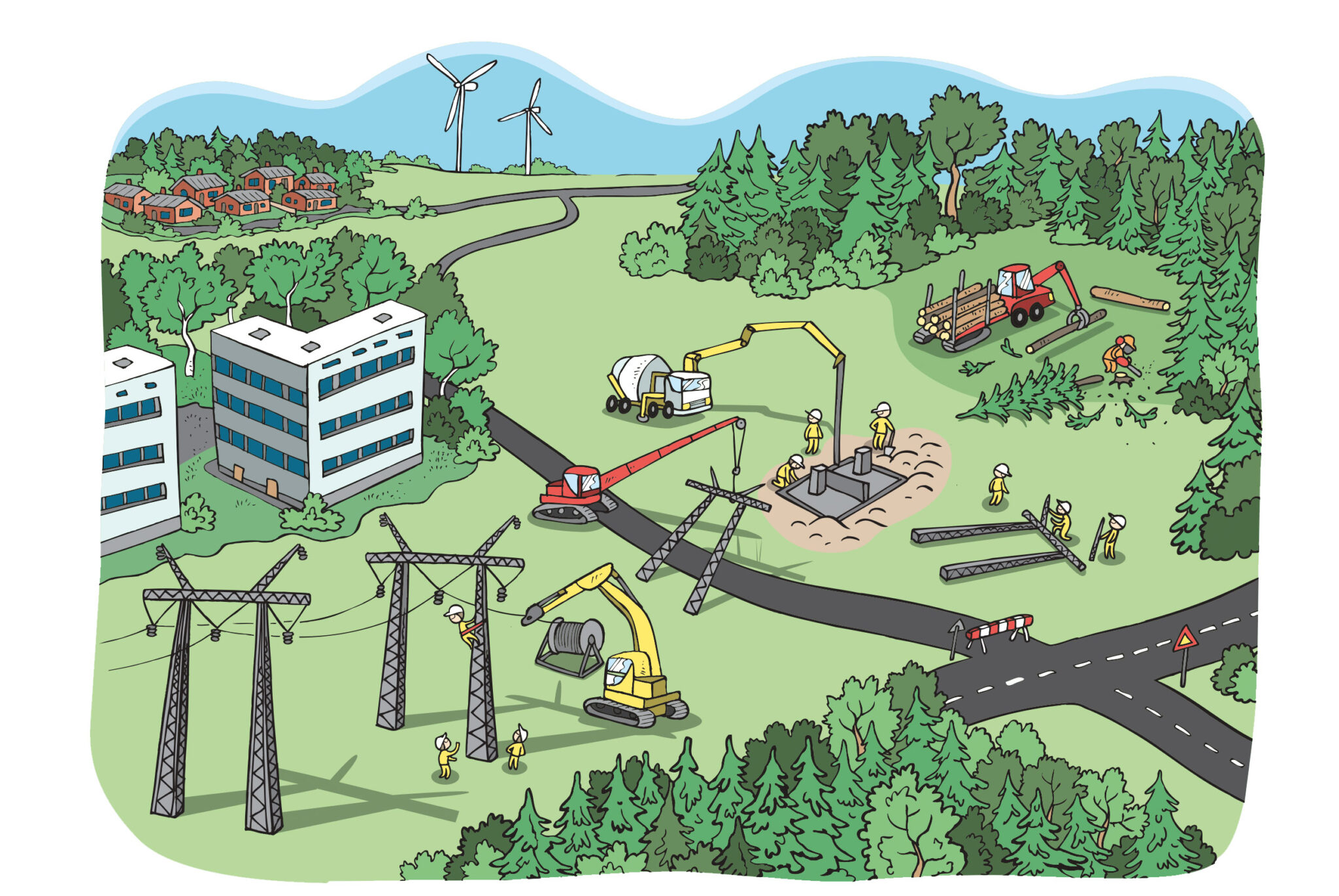Young adults, or millennials, are said to appreciate freedom in their work. It is also important for them that the values of the employer match the values of the individual. Work must have a purpose, so to speak, and this is certainly the case. But these are not new things in working life. The compatibility of one’s own values with those of the workplace has been a point of contemplation for employees already before the millennials, and the same is true for the meaningfulness of work.
I myself have resigned from one job in the late 1980s when I determined that the objectives of that organisation went against what I strongly believed in. It is difficult to work in communications if you do not believe in what you are communicating for a living. According to an old proverb, whoever pays the piper calls the tune. But payment should be refused if you do not feel like you are working for something meaningful.
Values are not black and white
I imagine that quite many people can name an industry or a company or an organisation for which they do not want to work. However, nothing is completely black and white. Personally, I have never liked smoking or been particularly appreciative of the tobacco industry, but recently I was surprised when I listened to a speech by a representative from Philip Morris about the development of employer reputation at an HR seminar. The representative started the speech by saying that he agreed to work for the tobacco industry because the company’s goal is “Designing a Smoke-Free Future” with completely new kinds of products. For him, the company’s new vision created a purpose for the work.
By the way, the representative of Philip Morris was no longer talking about millennials, but the values of the subsequent Generation Z that has just entered working life in recent years. And as it happens, the purpose and impact of work are important attraction factors of working life for this generation as well.
Fortune, pleasure and work engagement
I do not think that the meaningfulness of work is a generational issue, but a question of attitude. Do you recall the age-old story of two stonemasons, one of whom told a passer-by that he just hacks at rocks monotonously from one day to the next while the other one said that he is building a magnificent cathedral? The story illustrates well that work has a purpose if you want to see it and be motivated by it.
The purpose of work does not always come to mind, situations and motives vary from person to person and from one stage of life to the next. I confess that, at a young age, I have worked only for the sake of money: I did not think much about the meaningfulness of the work at my first summer job, other than what new things I could buy with the salary. The motives for working vary and are not mutually exclusive. Wages are paid for work, but it is still great to work for something other than money alone. You see, it inspires, generates the famous work engagement, and makes you smile as you come to work on a Monday morning.
I strongly believe that every job has a purpose. For example, I have the good fortune and pleasure to work for the benefit of all Finns. Our company is responsible for ensuring that the Finnish electrical system operates smoothly 24/7. Keeping the lights on in the realm is meaningful in itself. An even greater purpose comes from the fact that Fingrid creates a platform for clean energy; that is, it allows the integration of clean energy into the electrical system. It should also be remembered that no one is doing this alone: we have about 350 in-house experts and we always succeed together.
Tiina Miettinen
The author is Senior Vice President, HR and Communications at the Finnish transmission system operator Fingrid
The original text was published on the “Merkityksellistä työelämää” (Meaningful working life) site of Oikotie.






